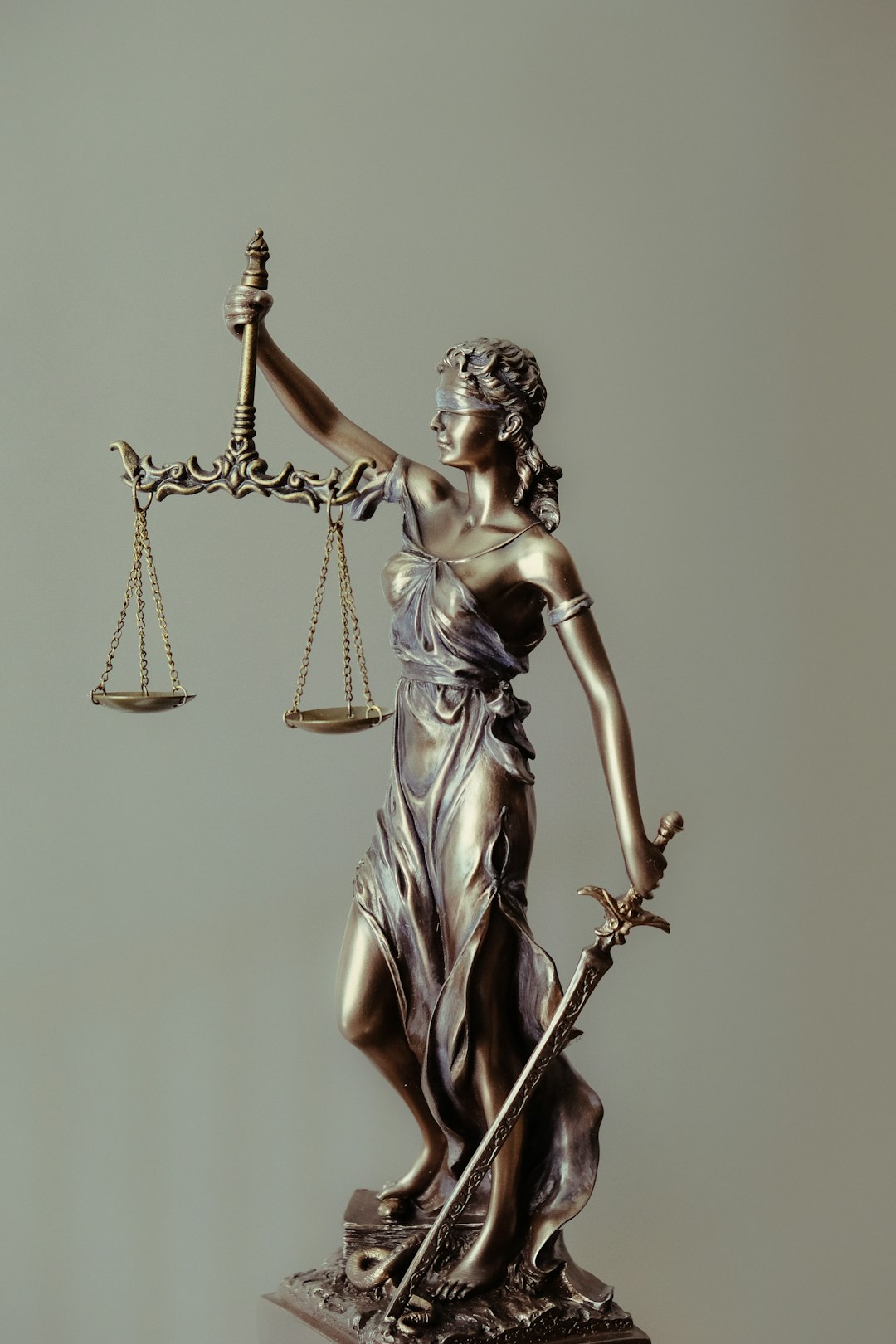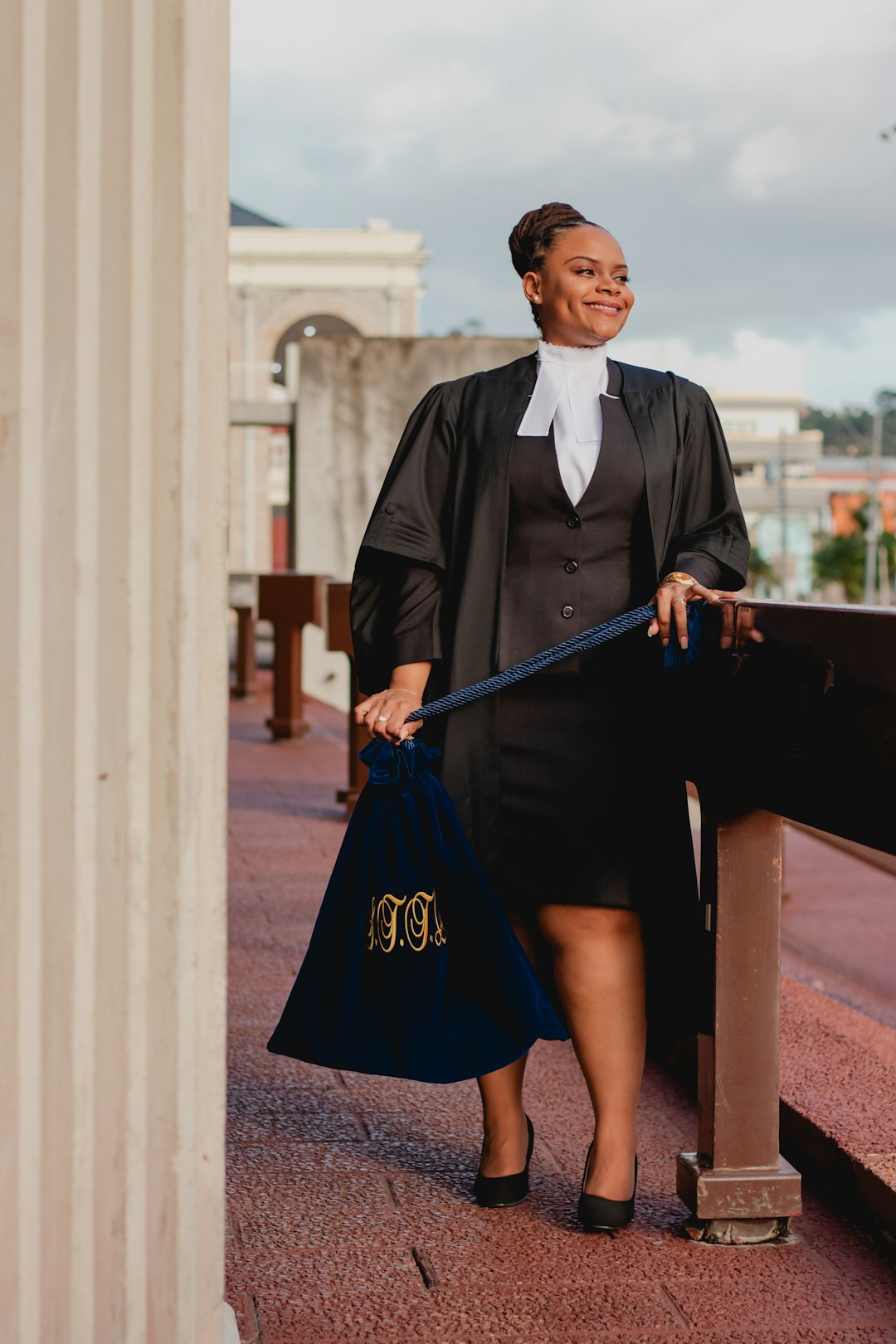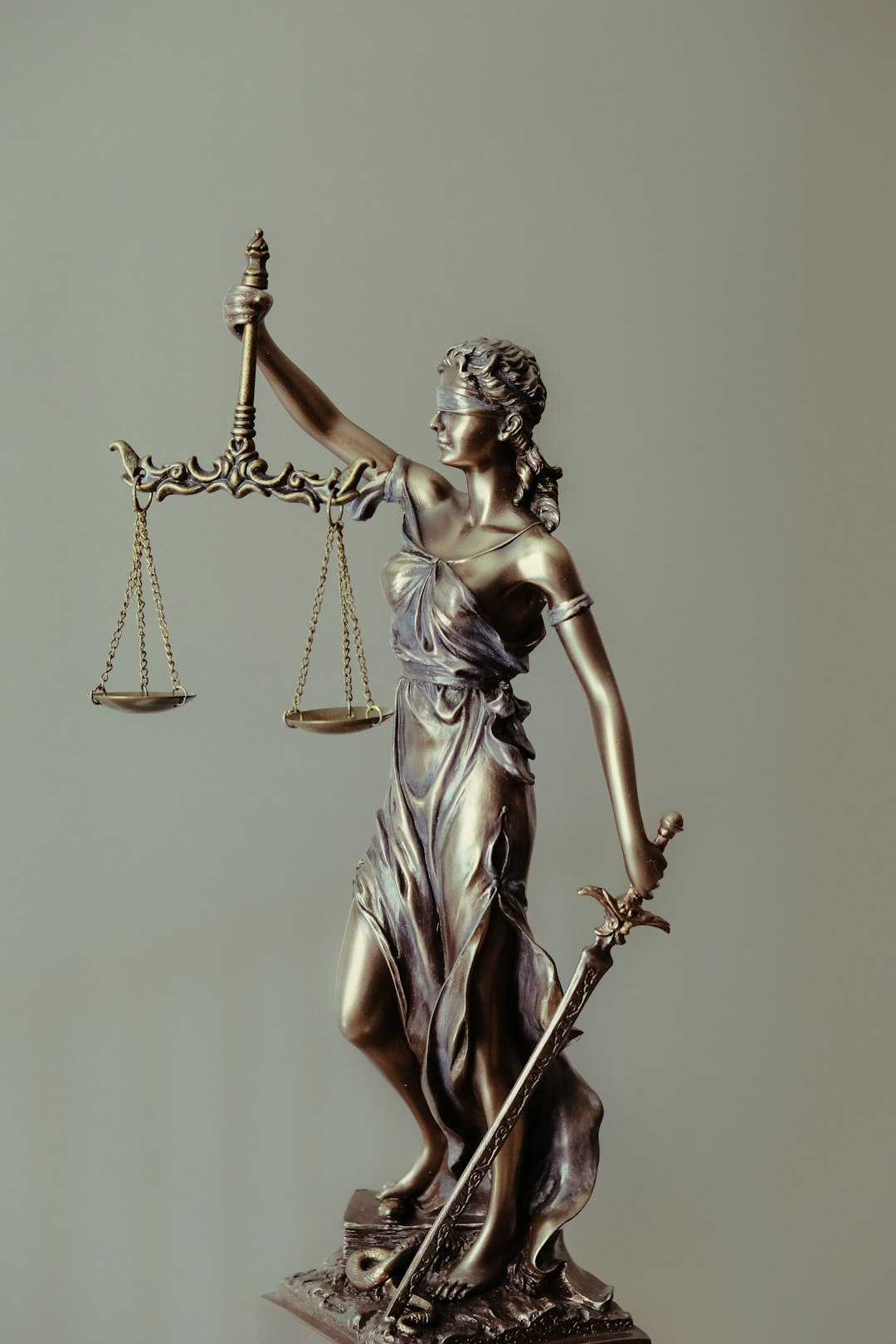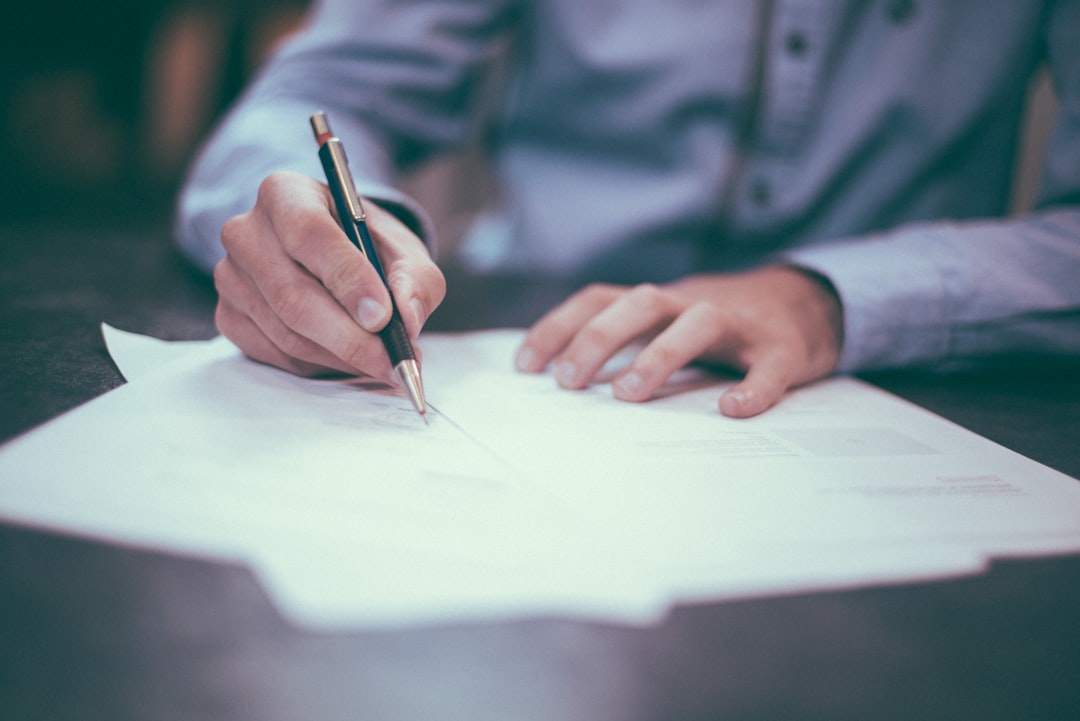Rape lawyers in Florida face a delicate balance when using social media evidence. While these platforms offer insights into behavior and relationships, handling digital evidence requires strict adherence to privacy laws and data authentication. Florida's legal framework mandates expert interpretation and relevance checks for electronic communications. Defense attorneys must strategically analyze online activities on platforms like Instagram and Facebook while respecting privacy rights, understanding admissibility, and staying updated on legal precedents to build robust defenses. Effective use of social media evidence in rape cases has transformed conviction rates and trial strategies, emphasizing the need for skilled lawyers to navigate this complex digital landscape ethically.
In Florida, social media evidence is increasingly playing a pivotal role in rape cases. As digital interactions leave traceable footprints, understanding how this evidence can both strengthen and complicate legal proceedings is crucial for rape lawyers. This article delves into the legal implications of using social media as proof, exploring its admissibility, challenges for defense attorneys, effects on conviction rates, and the ethical dimensions surrounding online rape accusations.
Understanding Social Media's Role in Rape Cases

In Florida rape cases, social media evidence has emerged as a powerful tool for both prosecutors and defense attorneys. As digital footprints become an integral part of our daily lives, these platforms can offer crucial insights into an individual’s behavior, motivations, and interactions, which may have relevance to sexual assault investigations. A rape lawyer in Florida understands that social media posts, messages, and online activities can provide a window into the victim’s and accused’s past behaviors and relationships, potentially influencing the case’s outcome.
This digital evidence can take various forms, including explicit content shared or received, conversations that hint at prior intimate relationships, or even public statements that contradict the victim’s account. However, it also presents unique challenges due to privacy concerns, the potential for manipulation or misconstruction of data, and the need for specialized expertise to extract and interpret these digital clues effectively. Therefore, a skilled rape lawyer must be adept at navigating the legal complexities surrounding social media evidence while ensuring fairness and accuracy in their handling.
Legal Admissibility of Digital Evidence in Florida

In Florida, the legal admissibility of digital evidence, including social media posts and messages, in rape cases is governed by strict rules. A rape lawyer in Florida must navigate a delicate balance between utilizing digital evidence as powerful proof and adhering to evidentiary standards that ensure fairness and accuracy. The state recognizes the potential for bias or manipulation in electronic communications, thus employing various safeguards to assess the reliability of such evidence before allowing its presentation in court.
This process involves thorough authentication, where the source and integrity of the digital data are verified, ensuring it hasn’t been altered. Expert witnesses often play a crucial role in interpreting social media evidence, providing insights into potential biases, deleted content, or alterations that could impact its weight as proof. The admissibility of this type of evidence also hinges on its relevance, meaning it must be directly connected to the rape allegations and not unduly prejudicial.
Challenges and Precautions for Defense Lawyers

Defending a Florida rape case presents unique challenges, especially when social media evidence is involved. Defense lawyers must navigate through vast amounts of digital data, ensuring that any online activity related to the case is properly authenticated and relevant. The volume and accessibility of information on platforms like Instagram, Twitter, or Facebook can be overwhelming, making it crucial for lawyers to employ strategic precautions. They should carefully review and analyze digital footprints left by the client and victims to avoid missteps.
One significant precaution is understanding the legal admissibility of social media posts. Lawyers must be adept at distinguishing between public and private content, as well as identifying any potential privacy violations. The handling of such evidence requires a delicate balance—respecting the rights of both the accused and the victim while ensuring a fair trial. Effective case preparation involves staying updated on evolving legal precedents related to social media evidence in rape cases, which can significantly impact the outcome.
Impact on Conviction Rates and Trial Strategies

The introduction of social media evidence in Florida rape cases has significantly impacted conviction rates and trial strategies for both prosecutors and defense attorneys. Online platforms, once considered personal spaces, are now recognized as potential repositories of critical information. With advancements in digital forensics, legal professionals can uncover and admit social media posts, messages, and images that may either strengthen or weaken a rape case.
For rape lawyers in Florida, understanding the nuances of social media evidence is essential to building robust defenses. Defense attorneys can challenge the admissibility of such evidence based on privacy concerns, lack of proper authentication, or potential bias in online interactions. Conversely, prosecutors can leverage social media to corroborate victim statements, demonstrate patterns of behavior, and showcase the defendant’s character, thereby influencing jury decisions. This dynamic requires rape lawyers to adapt their trial strategies, ensuring a thorough examination of digital trails while navigating complex legal precedents related to social media privacy.
Ethical Considerations for Rape Accusations Online

When considering social media evidence in Florida rape cases, ethical considerations come to the forefront. As a rape lawyer in Florida knows, digital platforms can be a double-edged sword. While they offer a potential window into an accused individual’s behavior and motivations, they also raise significant privacy concerns.
The handling of such evidence requires meticulous care to ensure fairness and protect the rights of all involved. This includes safeguarding the victim’s anonymity, avoiding the perpetuation of harmful stereotypes or prejudiced assumptions, and upholding the integrity of the legal process. A rape lawyer in Florida must navigate this complex landscape, striking a delicate balance between leveraging available evidence for a just outcome and respecting the ethical boundaries that protect individuals from further harm and ensure a fair trial.






